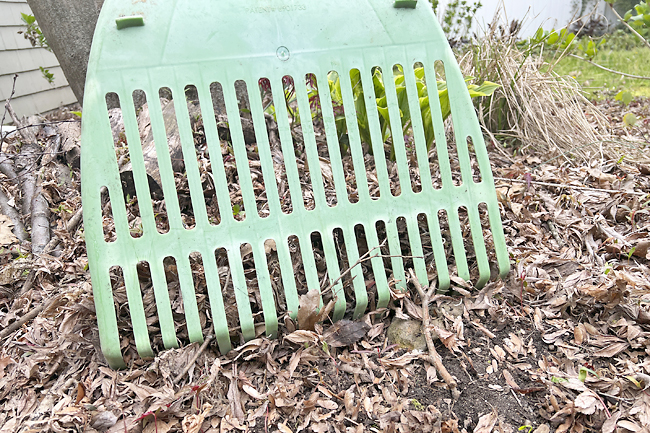Yard maintenance has seen quite the evolution over the years, hasn’t it?
From humble beginnings with simple tools like rakes and brooms to the influx of high-tech gadgets promising convenience and efficiency, our approach to keeping our outdoor spaces tidy has certainly changed.
But not every new tool is a perfect solution.
A recent Associated Press article shed light on the detrimental impacts of gas-powered leaf blowers on health, the environment, and wildlife.
The piece suggested switching to alternatives like electric models and manual tools such as rakes and brooms, while advocating for increased awareness and the adoption of cleaner equipment among landscapers.
In light of this, communities worldwide – influenced by research from the Centre for Environmental Studies at the National University of Singapore – are taking action.
Many have implemented restrictions or bans on gas-powered blowers due to their noise levels and environmental impact. Some regions even offer incentives like rebates or trade-in programmes to encourage the transition to quieter and cleaner electric alternatives.
The topic resonated with me personally. I fondly recall helping my mother clear leaves with a trusty rake during my childhood.
Today, the peaceful image of rakes however has given way to the pervasive noise and environmental concerns posed by leaf blowers, prompting a reevaluation of our landscaping practices.


HEALTH AND ENVIRONMENTAL IMPLICATIONS
This issue extends beyond mere annoyance as it encompasses significant health and environmental concerns.
Research from the Department of Environmental Science and Engineering at the Indian Institute of Technology Bombay (IIT Bombay) highlighted that prolonged exposure to noise levels exceeding 70 decibels, typical of gas-powered blowers, can lead to hearing impairment and stress-related health issues.
Furthermore, studies have also revealed that gas-powered blowers emit fumes and pollutants like carbon monoxide, exacerbating air quality concerns.
In fact, both gas and electric variants stir up harmful particulate matter, including dust, mould, pollen and pathogens present in animal excreta, affecting human health and biodiversity.
Additionally, insights from the School of Environmental Science and Management at the University of the Philippines Los Baños (UPLB SESAM) emphasised how the forceful air blasts generated by these blowers, often reaching speeds of up to 200 mph, can displace, injure or kill pollinators and other vital insects crucial for ecosystems.
Birds, too, may alter their natural behaviours due to the disturbances caused by these machines.
PROMOTING SUSTAINABLE ALTERNATIVES
In light of these challenges, it becomes crucial to raise awareness among peers and neighbours about the adverse impacts of gas-powered blowers and advocate for the adoption of electric alternatives.
Encouraging landscapers to transition to electric equipment aligns with the sustainable practices advocated by research from the Asian Institute of Technology’s School of Environment, Resources, and Development (AIT SERD).
For those who prefer hands-on approaches, traditional methods like raking or using brooms on hard surfaces not only promote sustainability but also offer physical exercise and moments of tranquility amidst nature.
These findings are supported by studies from the School of Biological Sciences at the University of Hong Kong (HKU SBS).
Moreover, innovative tools such as leaf sweepers, similar to push mowers equipped with collection bags, provide a sustainable alternative to blowers.
These sweepers efficiently gather leaves and garden debris without disrupting the environment, as evidenced by studies from the Institute of Agriculture and Environment at Massey University, New Zealand. In cases where a blower is necessary, opting for electric or cordless rechargeable models serves as a cleaner and quieter compromise, aligning with recommendations from the Department of Civil and Environmental Engineering at the National University of Singapore (NUS Civil Engineering).
While the upfront cost may be higher, the long-term benefits in terms of reduced pollution and noise levels are significant.
Ultimately, adopting mindful practices, whether through equipment choices or behavioural adjustments, benefits not only individuals but also contributes to preserving the harmony of our shared ecosystems.
By embracing sustainable alternatives and advocating for responsible landscaping practices, we can mitigate the negative impacts of gas-powered leaf blowers on our health, environment, and wildlife.
These small changes, when multiplied across communities, can make a significant difference in preserving the harmony of our shared ecosystems. – Rizal Faisal







